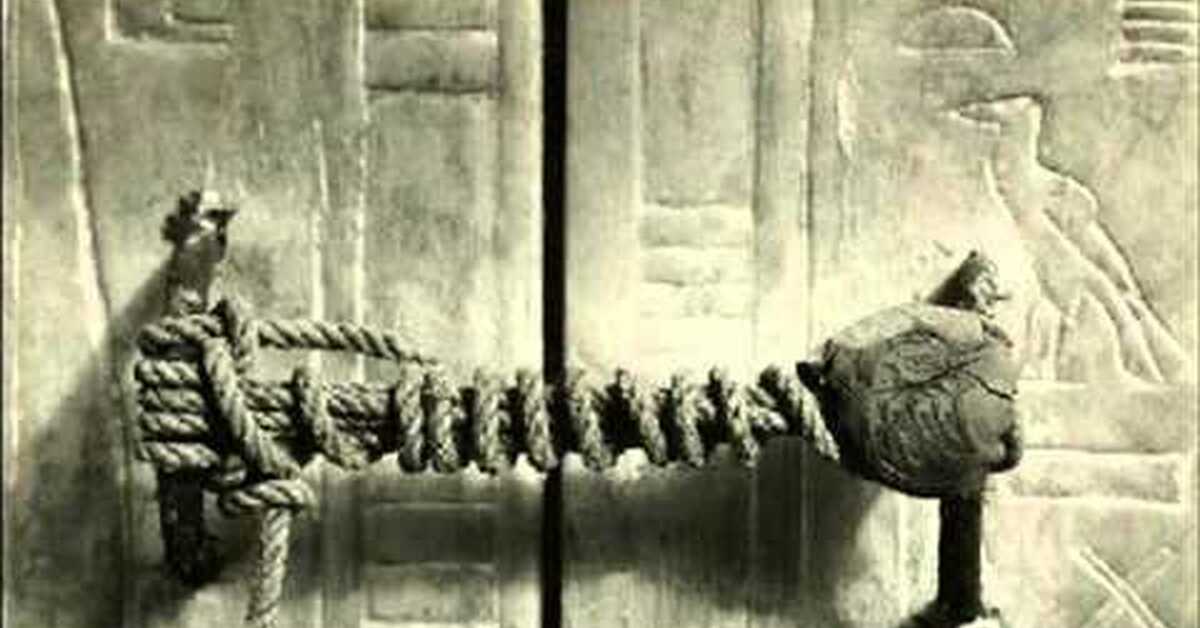The world is speeding up, temples are being built at an unprecedented pace, the gospel is going forth like never before.
Meanwhile the demarcation line between good and evil is growing ever more stark - the middle ground is disappearing.
This is especially disturbing to me as I've always prided myself on my ability to walk in the intellectual circles, reach across aisles or make friends in unlikely places. However, it's becoming apparent to me, that as the middle ground is disappearing, the sides are growing further apart. At that point, it doesn't matter how talented and gifted you are. You may find yourself in King Noah's Court or some other place where they will not receive you.
At any rate, we're witnessing something remarkable. Our president is working to fight back corruption and those who are corrupt are screaming and using every means at their disposal to stop him. This has escalated to armed conflict, hidden-yet-open insurrection against the United States.
It reminds me of a few scriptures:
Alma 1:15 And it came to pass that they took him; and his name was Nehor; and they carried him upon the top of the hill Manti, and there he was caused, or rather did acknowledge, between the heavens and the earth, that what he had taught to the people was contrary to the word of God; and there he suffered an ignominious death.
16 Nevertheless, this did not put an end to the spreading of priestcraft through the land; for there were many who loved the vain things of the world, and they went forth preaching false doctrines; and this they did for the sake of riches and honor.
We could enforce all the laws we want, and yet these things will continue to spread.
Helaman 6:32 And it came to pass that all these iniquities did come unto them in the space of not many years, insomuch that a more part of it had come unto them in the sixty and seventh year of the reign of the judges over the people of Nephi.
33 And they did grow in their iniquities in the sixty and eighth year also, to the great sorrow and lamentation of the righteous.
It moves faster than we would like to think.
Alma 31:5 And now, as the preaching of the word had a great tendency to lead the people to do that which was just—yea, it had had more powerful effect upon the minds of the people than the sword, or anything else, which had happened unto them—therefore Alma thought it was expedient that they should try the virtue of the word of God.
We can do all we want to stop these things, but there needs to be a change in our hearts.
A harsh fact I learned as a military police officer that got driven home to me was when you have to depend on force to protect yourself, there are no rules as to what the other team can bring to the table, and at that point you're just hoping things go well and you can come home when it's over.
Life is much easier when people just behave themselves. Butt when social expectation no longer holds on people and they can "do what they want" the natural human tendency is to gravitate towards the lowest common denominator:
Moroni 9:9 And notwithstanding this great abomination of the Lamanites, it doth not exceed that of our people in Moriantum.
I had just recently gotten out of the navy when 9/11 happened, I was on my mission at the time, and I walked out on a Tuesday and a neighbor told us "They are bombing New York!" and I said "What?" He said "New York is being bombed, it's being attacked, we're being attacked!" I actually said this as a veteran: "...that's impossible..."
I remember President Hinckley said that the attack was the work of Gadianton Robbers during his address to the nation, and only recently have I come to know what that meant.
Ether 8:23 Wherefore, O ye Gentiles, it is wisdom in God that these things should be shown unto you, that thereby ye may repent of your sins, and suffer not that these murderous combinations shall get above you, which are built up to get power and gain—and the work, yea, even the work of destruction come upon you, yea, even the sword of the justice of the Eternal God shall fall upon you, to your overthrow and destruction if ye shall suffer these things to be.
24 Wherefore, the Lord commandeth you, when ye shall see these things come among you that ye shall awake to a sense of your awful situation, because of this secret combination which shall be among you;
I think we need to realize the spiritual power that comes in obedience to the commandments, it has a ripple effect on all people. It touches hearts, softens them, and enlightens them. But I can say that it takes a lot of work to soften a hardened heart. It's more powerful than anything else - kindness, love - the subsurface unity of all things. Everyone is our brother or sister.
We need to speak out against wickedness, but not against people, not against denominations, not against politics. We need to hold ourselves accountable. We need to lift ourselves up. We need to put our own oxygen masks on metaphorically /spiritually so we can help assist others.








